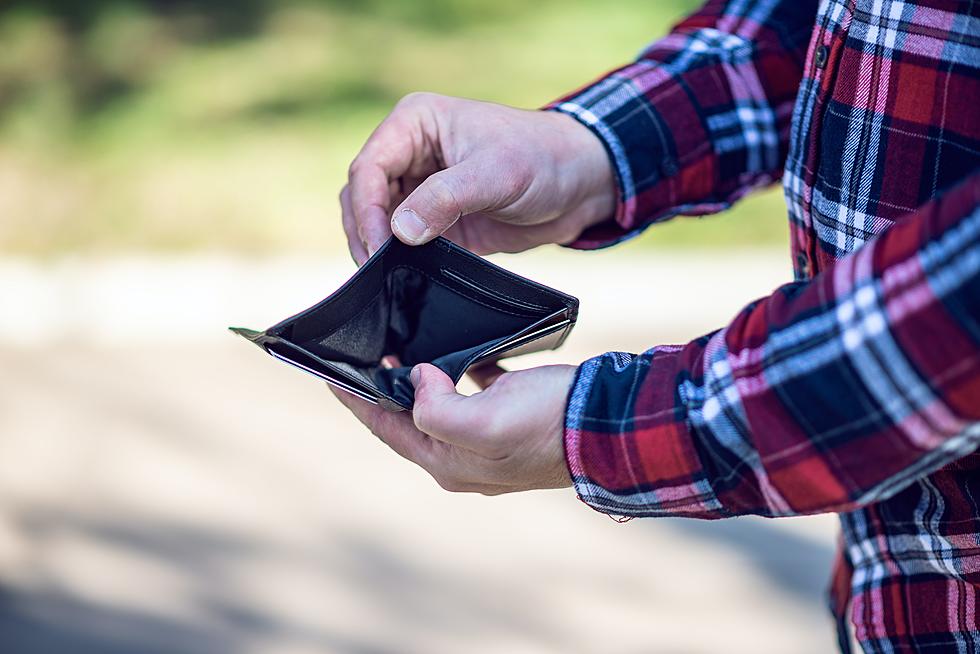
New York Could Soon Legalize Mobile Sports Betting
New York Governor Andrew Cuomo has introduced legislation to allow mobile sports betting.
With New York State facing a $15 billion budget shortfall, due at least in part to COVID-19, Governor Cuomo has changed his tune about mobile sports betting. According to WGRZ, he previously said it would be unconstitutional.
Gov. Cuomo made the announcement on Wednesday, January 6, 2021,
"At a time when New York faces a historic budget deficit due to the COVID-19 pandemic, the current online sports wagering structure incentivizes a large segment of New York residents to travel out of state to make online sports wagers or continue to patronize black markets. New York has the potential to be the largest sports wagering market in the United States, and by legalizing online sports betting we aim to keep millions of dollars in revenue here at home, which will only strengthen our ability to rebuild from the COVID-19 crisis."
Mobile Sports Gaming Could Generate Revenue for New York
Sports betting is legal in New Jersey and Pennsylvania. Although it is legal here in New York at four commercial and Native American facilities, the loss of revenue to the state is enough for Cuomo to reconsider. According to Gov. Cuomo's website,
An industry study found that nearly 20 percent of New Jersey's sports wagering revenue comes from New York residents, costing the State millions of dollars in lost tax revenue.
Mobile sports platforms would receive a license from the New York State Gaming Commission in order to operate in the state. The way in which the State plans to set up the betting would allow it to keep a majority of the profits. Robert F. Mujica Jr., the Director of the New York State Division of the Budget, told WGRZ how it will benefit New York,
"The reality is that the billions of dollars that are being wagered and the monies that are being made are not being made by the taxing jurisdictions. Where the state contracts with the private sector who runs the sports books but the state ends up getting the majority of what is left over after everything is returned to the bettors. It's the difference between the state making somewhere in the neighborhood of $50 million a year versus $500 million a year."
KEEP READING: See the richest person in every state
More From 93.7 WBLK









